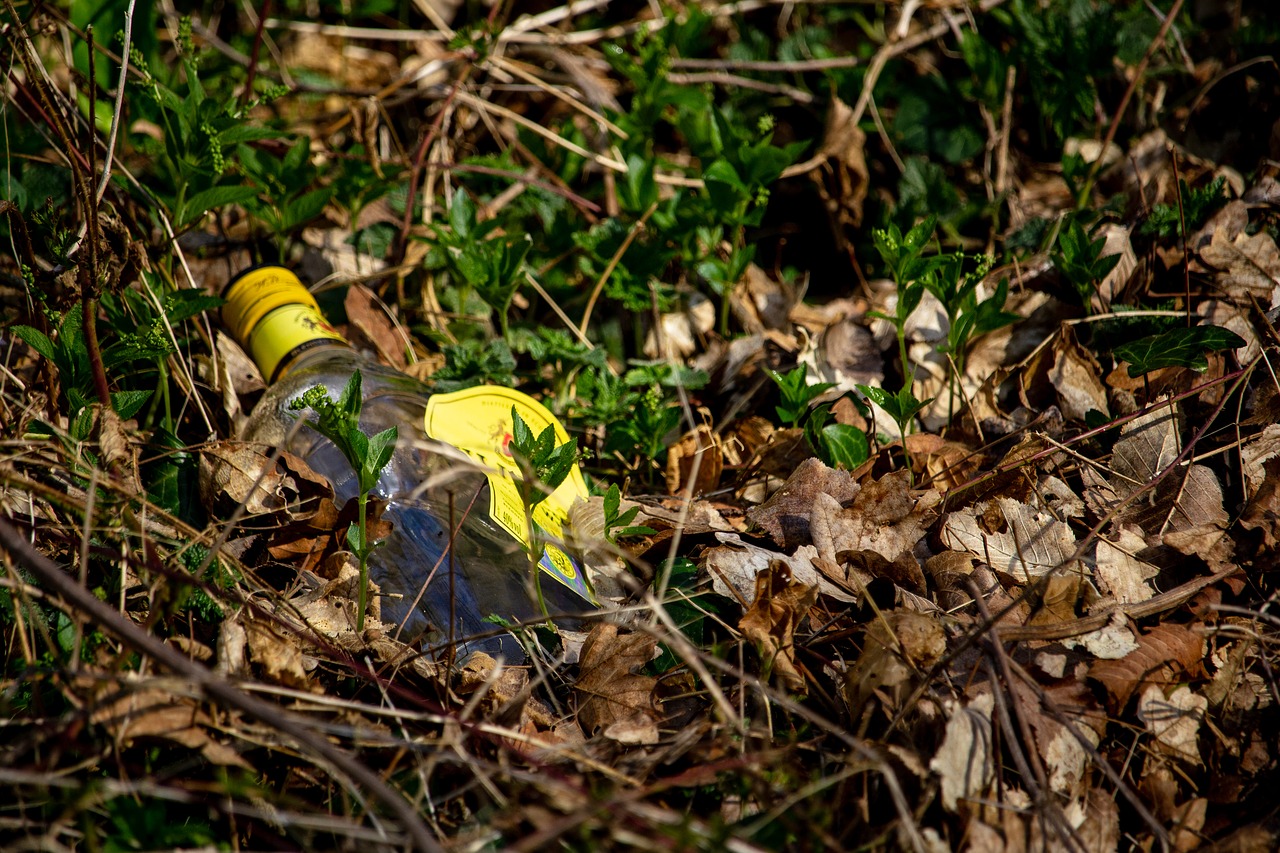Ecological Destruction and Consumerism
A critique of modern society through the works of the contemporary German author Ilija Trojanow
DOI:
https://doi.org/10.31273/eirj.v8i2.581Keywords:
climate change, Ilija Trojanow, consumerism, glaciers, global warming, capitalismAbstract
Literature that engages with the theme of anthropogenic climate change carries the potential of awakening the reader’s curiosity by creating a dimension in which the effects and impacts of the crisis are tangible. The urgency and unpredictability of climate change are articulated through reflections that combine societal, cultural and political issues associated to the phenomenon, hence encouraging a deeper understanding of the environmental crisis in today’s society.
The article examines the novel EistTau by Ilija Trojanow to navigate the political and economic aspects of anthropogenic climate change.
I reflect on the employment of fiction in finding ways to develop attentiveness to nature, whilst exposing how EisTau questions the power relations between culture, politics and economy, in a bid to influence the current state of affairs. I argue that the depiction of the effects of climate change and the melting of glaciers enable public agency, whilst encouraging the rethinking of the environmental crisis and the acknowledgment of its connection to capitalism and to the constant accumulation of goods. I observe how the exposure of the interconnectedness of climate change and capitalism encourages behavioural changes that lead to the adoption of alternative lifestyles that can halt the disastrous effects of climate change and prompts readers to develop a sense of care for the non-human world.
Downloads

Downloads
Published
Issue
Section
License
Copyright (c) 2021 Clarisa Novello

This work is licensed under a Creative Commons Attribution 4.0 International License.
Authors who publish with this journal agree to the following terms:
Authors retain copyright and grant the journal right of first publication with the work simultaneously licensed under a Creative Commons Attribution License (CC-BY), which permits use and redistribution of the work provided that the original author and source are credited, a link to the license is included, and an indication of changes which were made. Third-party users may not apply legal terms or technological measures to the published article which legally restrict others from doing anything the license permits.
If accepted for publication authors’ work will be made open access and distributed under a Creative Commons Attribution (CC-BY) license unless previously agreed with Exchanges’ Editor-in-Chief prior to submission.
Authors are able to enter into separate, additional contractual arrangements for the non-exclusive distribution of the journal's published version of the work (e.g., post it to an institutional repository or publish it in a book), with an acknowledgement of its initial publication in this journal.
Authors are permitted and encouraged to post their work online (e.g., in institutional repositories or on their website) prior to and during the submission process, as it can lead to productive exchanges, as well as earlier and greater citation of published work. (see: The Effect of Open Access)
